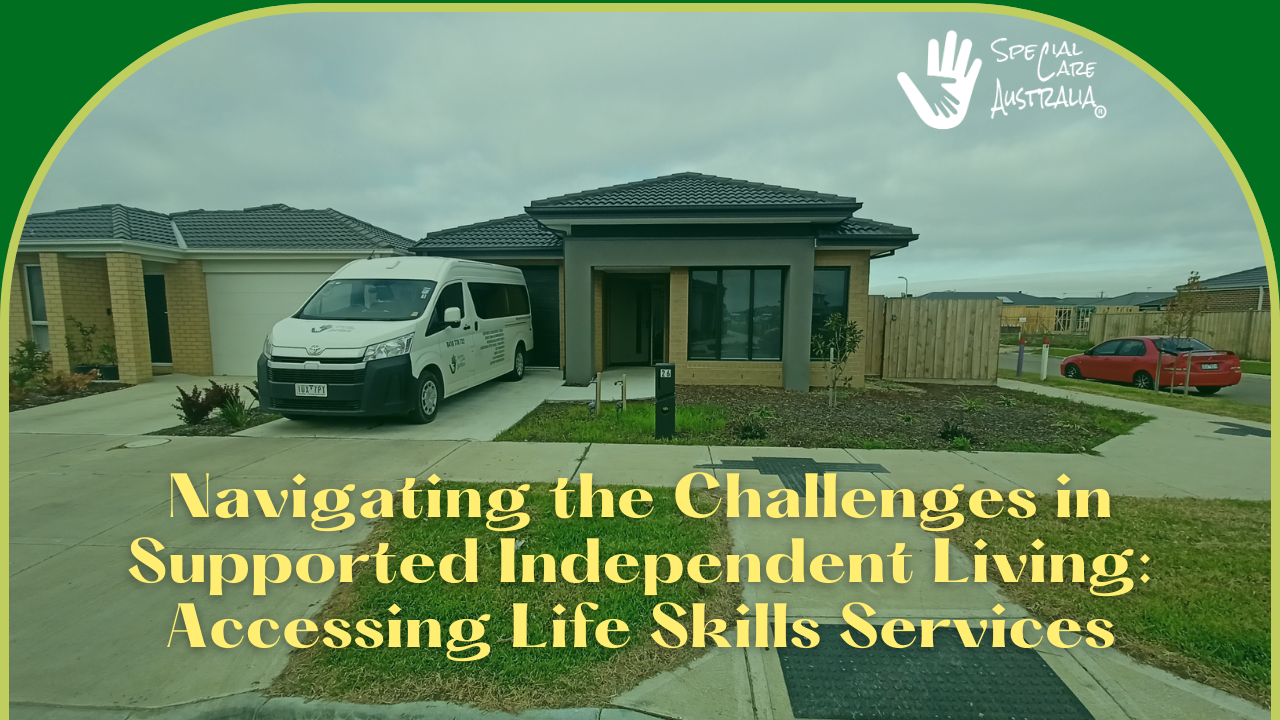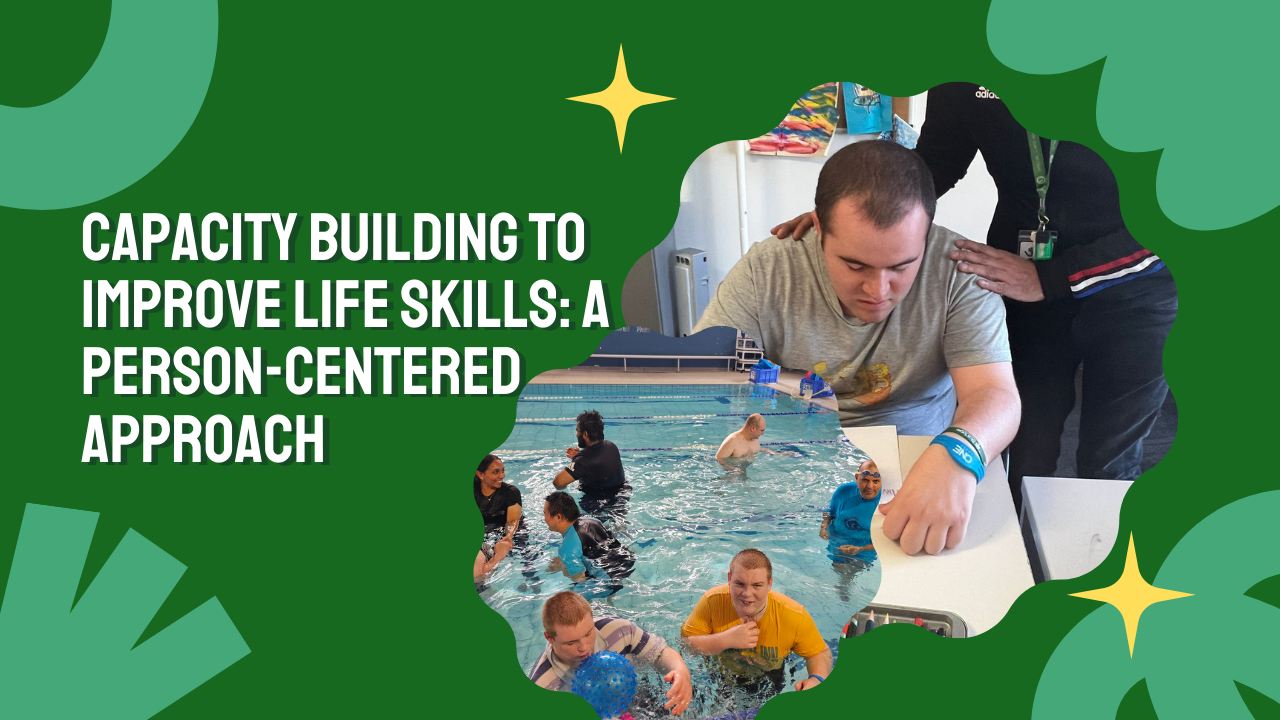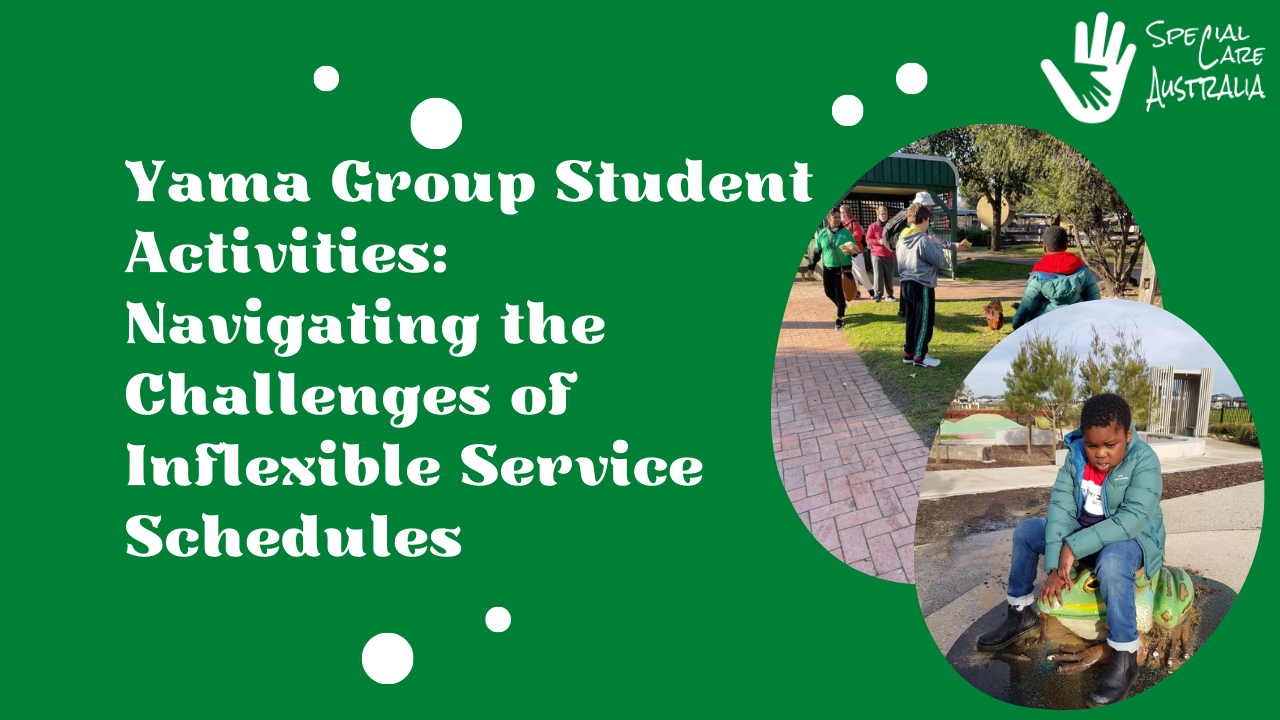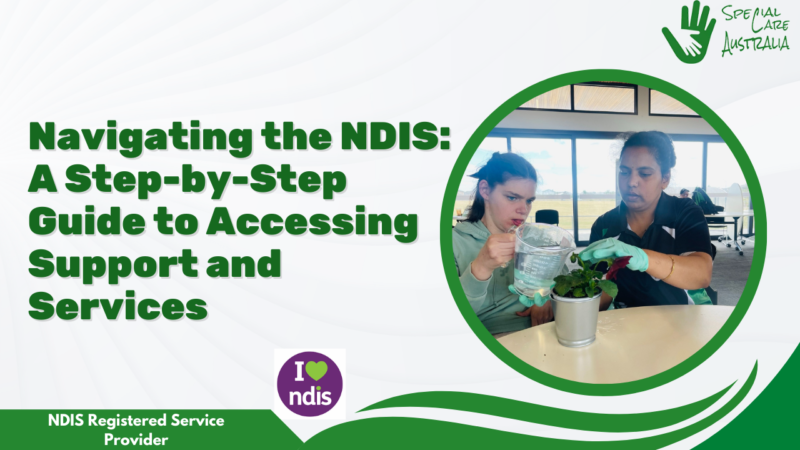The National Disability Insurance Scheme (NDIS) in Australia aims to provide comprehensive support to individuals with disabilities, and respite care plays a crucial role in achieving this goal. In this blog, we will delve into the various types of NDIS respite care and how to incorporate them into your plan. Whether you’re looking for the best personalized respite care, interested in day programs, or seeking supported independent living specialists, understanding the available options is essential for tailoring your plan to your unique needs.
Types of NDIS Respite Care:
Respite & School Holiday Programs:
Respite care during school holidays is designed to offer relief to both individuals with disabilities and their primary caregivers. These programs provide a supportive environment, engaging activities, and professional care to ensure a positive and enjoyable experience for all.
Supported Independent Living Specialists:
For those seeking increased independence, supported independent living specialists under the NDIS can assist individuals in transitioning to and maintaining independent living arrangements. This could involve assistance with daily tasks, fostering life skills, and promoting community participation.
Short Term Accommodation (STA):
Short Term Accommodation, often referred to as respite care, provides individuals with disabilities a temporary stay in a fully supported environment. This service is particularly beneficial for both individuals and their families, offering a break while ensuring continuous care.
Travel & Transport Assistance:
NDIS acknowledges the importance of travel and transport assistance, recognizing that individuals with disabilities may require additional support in commuting. This can include assistance with transportation arrangements, ensuring accessibility, and making travel more convenient.
NDIS Careers Jobs:
NDIS careers jobs refer to employment opportunities within the NDIS support service provider sector in Australia. These jobs encompass a wide range of roles, from direct care positions to administrative roles, allowing individuals to contribute to the well-being of those with disabilities.
NDIS Day Programs:
Day programs under the NDIS are designed to provide meaningful and engaging activities for individuals with disabilities. These programs offer a structured and supportive environment, fostering skill development, social interaction, and community integration.
Group-Based Support:
Group-based support involves individuals with similar needs coming together to participate in various activities. This not only promotes a sense of community and belonging but also allows for shared experiences and mutual support.
Incorporating NDIS Respite Care into Your Plan:
Identify Your Needs:
Begin by identifying your specific needs and preferences. Whether you require short-term accommodation, travel assistance, or day programs, understanding your requirements is crucial in selecting the right respite care services.
Consult with NDIS Service Providers:
Reach out to NDIS support service providers in Australia to explore the available options. Discuss your needs with professionals who can guide you through the various respite care services and help you choose those most aligned with your goals.
Collaborate with Disability Support & Service Organizations:
Engage with disability support and service organizations in Australia to gain insights into personalized respite care options. These organizations often collaborate with NDIS to provide specialized services tailored to individual requirements.
Consider Respite and Yama School Holiday Programs:
If you have school-going individuals in need of respite care, consider exploring respite and Yama school holiday programs. These programs are designed to cater to the unique needs of individuals during school breaks, offering a mix of fun activities and support.
Explore Supported Independent Living Options:
If independent living is a goal, connect with supported independent living specialists who can assess your needs and provide tailored support to help you achieve and maintain independence.
Research NDIS Day Programs:
Research NDIS day programs to find those that align with your interests and goals. Day programs can contribute significantly to skill development, social engagement, and community participation.
Evaluate Short Term Accommodation (STA) Services:
When considering respite care, evaluate short-term accommodation services to find a suitable environment that aligns with your preferences and ensures a positive and supportive experience.
Seek Travel & Transport Assistance:
If travel and transportation are challenges, explore NDIS offerings related to travel and transport assistance. This can make commuting more accessible and convenient, ensuring you can participate in various activities without hindrance.
Conclusion:
Incorporating NDIS respite care into your plan involves a thoughtful consideration of your unique needs and preferences. By exploring the diverse options available, consulting with NDIS service providers and disability support organizations, and aligning your choices with your goals, you can create a plan that truly meets your requirements. Remember, the NDIS is committed to providing inclusive and comprehensive support, and understanding the various types of respite care is a crucial step in achieving your desired outcomes.








